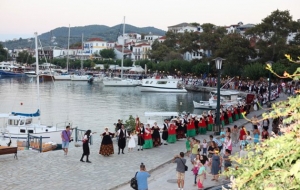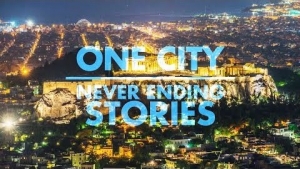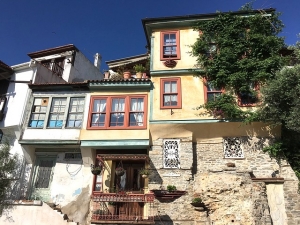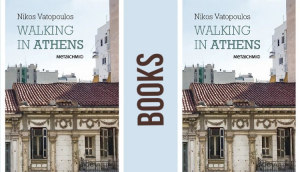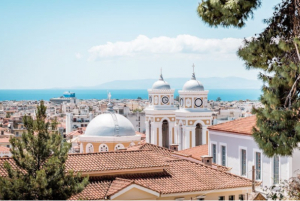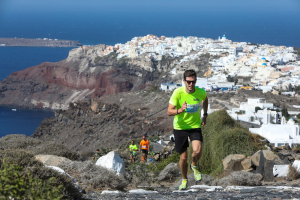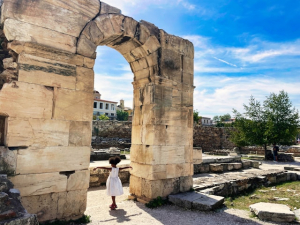BUSINESS CENTRE
XpatAthens
Scrap Car Subsidies Extended Until May 20
Traditional Dance Festival In Greece Wins European Award
To read this article in full, please visit: Greek Reporter
Athens In 60 Seconds - One City, Never Ending Stories
Athens Mayor Yiorgos Kaminis announced the 'Athens Tourism Partnership,' an initiative for tourism promotion in Athens. The City of Athens, Aegean Airlines, and the Athens International Airport unite for the first time having a common objective - promoting Athens as a modern cultural centre and attractive tourist destination throughout the year.
The first result of this collaboration is a new, vibrant and dynamic campaign entitled 'One City. Never Ending Stories' aimed at showcasing the Athenian experience.
A Different Perspective - Exploring Northern Greece
Kavala
‘Northeast of Thessaloniki, in Greek Macedonia, the port town of Kavala serves as an excellent base for visiting the ancient city of Philippi and wine tastings around the semi-continental Rhodope mountains.’
Nymfaio
‘Grevana, to the south, is a quaint village recognizable for its arched stone bridges, mushrooms, and snowboarding. There is a half-pipe at posh Vasilitsa resort and Valia Calda National Park is nestled into a valley nearby as well.’
To read this article in full, please visit: Vogue
Nikos Vatopoulos: Walking In Athens
Walking in Athens is a unique compilation of photos and accompanying articles, that came about from walking in various neighborhoods of Athens. Mixed architectural styles, crumbling houses juxtaposed against concrete buildings, empty facades next to sound buildings; this is a guide to a secret landscape. A compilation that speaks not just about architecture – it talks about the coming and going of the city's communities, its ever-changing society civilization evolving.
The first edition of the book was published in Greek in April 2018. It was a great commercial success and won the Greek Non-Fiction Book Award at the Public Book Awards 2019. Walking in Athens is also available in e-book format.
Click here to look inside the book.
Nikos Vatopoulos
Join The Open Day At The British Residence In Athens
On the day of the event, the residence will be open from 10 am to 5 pm, and an email pre-registration is required.
To learn more about this event, click here.
It's Easter In Greece
Santorini Experience Enters A New Era
Photo by Babis Giritziotis
Family Fun in Athens: Top Activities For Kids
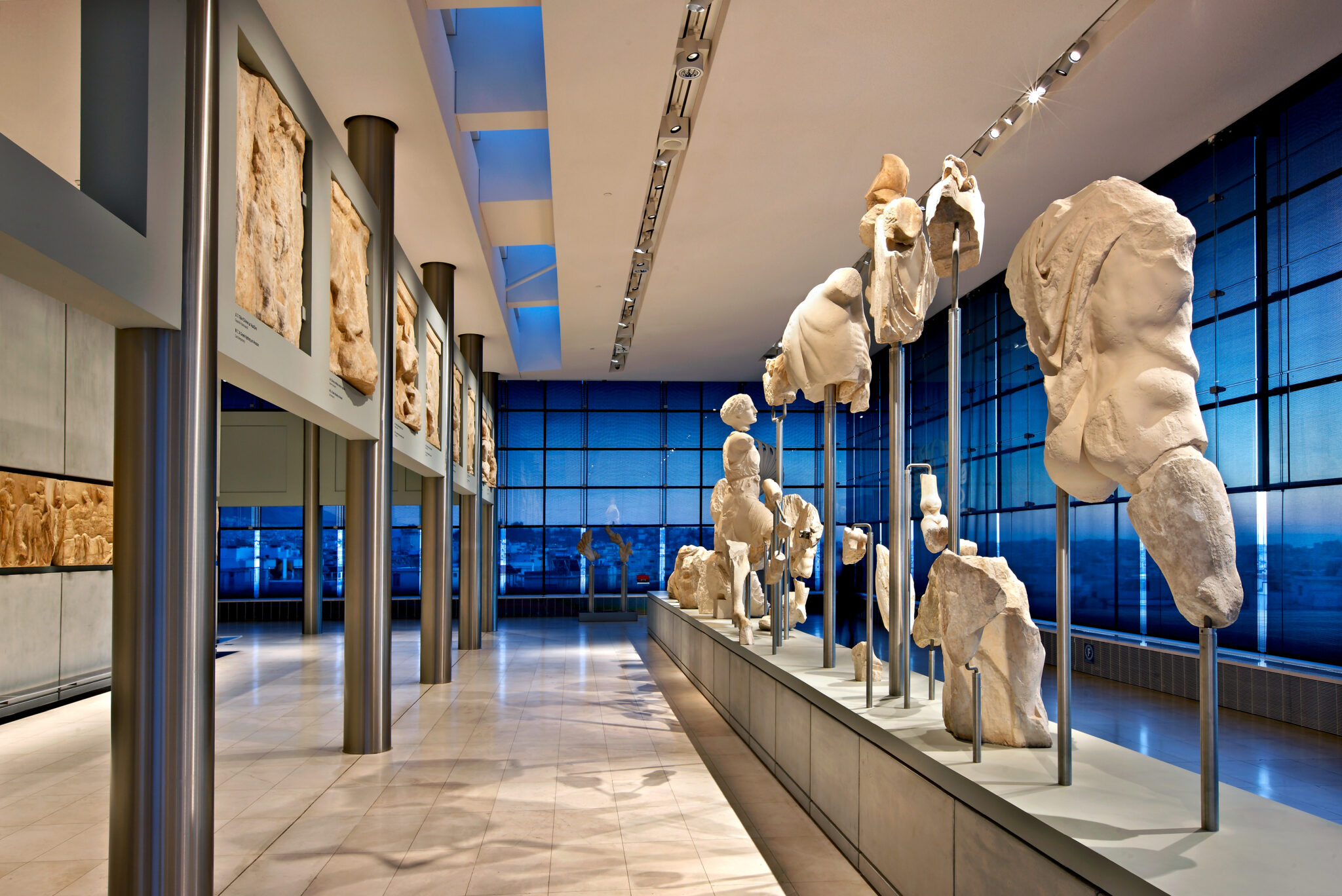
Credit: Heracles Kritikos
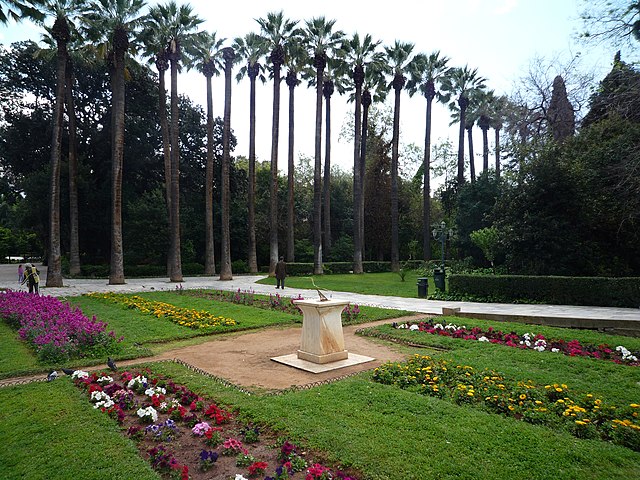
Courtesy: Wikimedia Commons
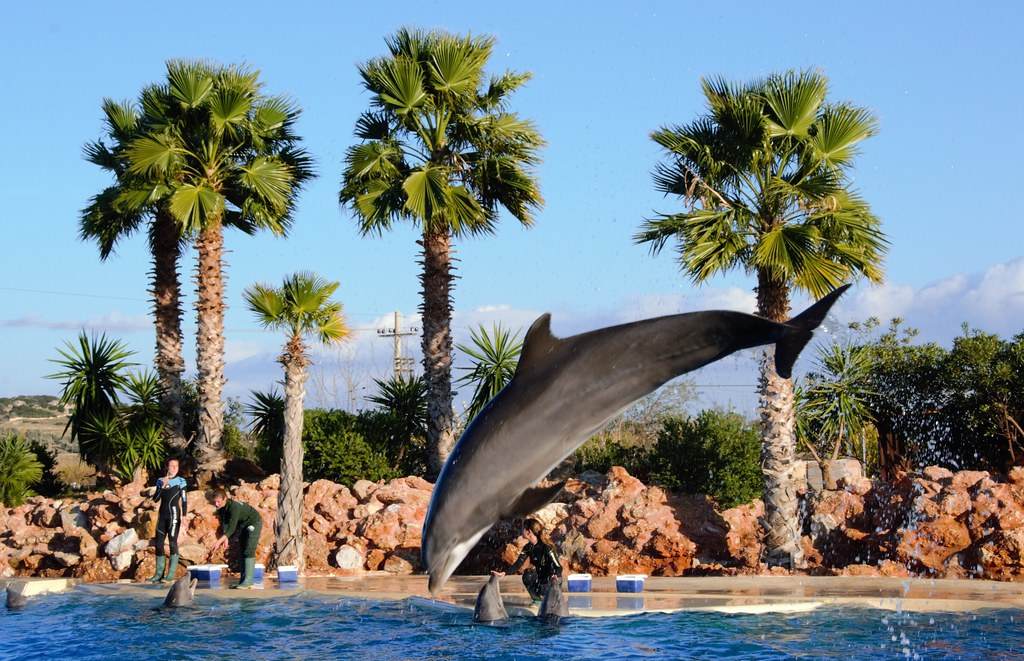
Credit: Eleanna Kounoupa

Credit: @nikolashots
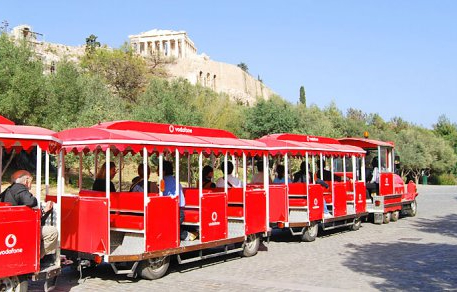
Courtesy: Athens Happy Train

Courtesy: Eugenides Foundation
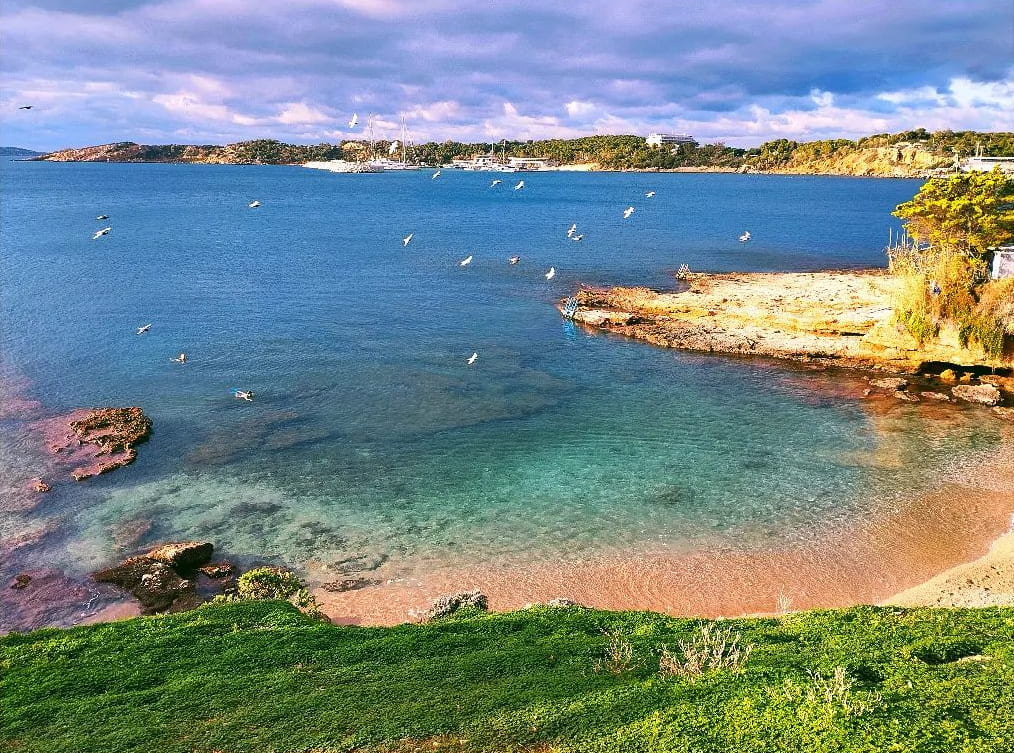
Credit: @anna_lullaby
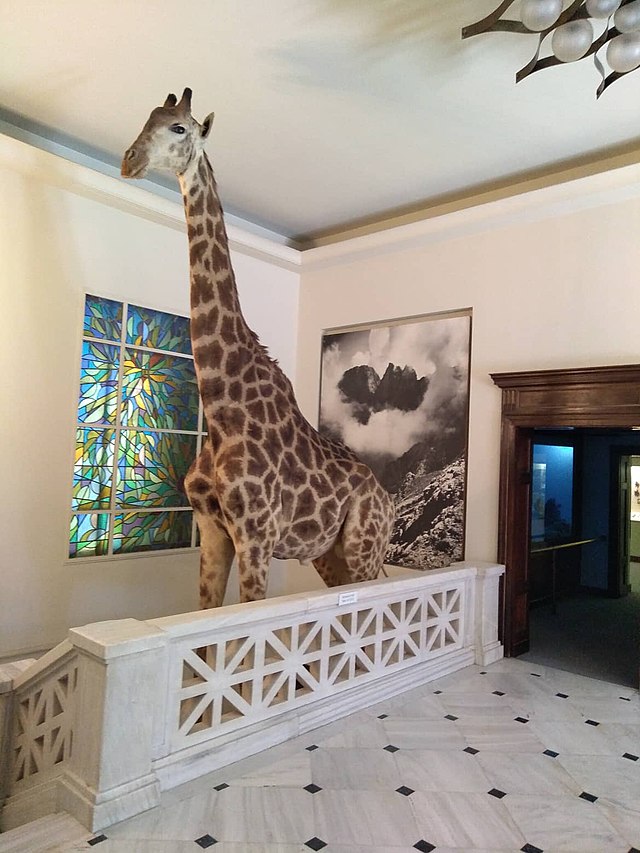
Courtesy: Wikimedia Commons
Cozy Up With These Hot Fall Beverages With A Greek Twist
1. Greek-Inspired Spiced Apple Cider
- 1 liter apple cider
- 2 cinnamon sticks
- 3-4 cloves
- 1 star anise
- Optional: 30ml Metaxa
- Combine all ingredients in a pot and simmer for 10–15 minutes.
- Strain the spices and serve hot.
- 2 teaspoons dried Greek mountain tea
- 1 cup water
- 1/2 cup frothed milk
- Honey, to taste
- Steep the tea in boiling water for 5–7 minutes.
- Strain, add frothed milk, and sweeten with honey.
- 1 cup milk
- 2 tablespoons cocoa powder
- 1 tablespoon honey
- 1/4 teaspoon cinnamon
- A pinch of nutmeg
- Heat the milk in a saucepan, then whisk in cocoa, honey, cinnamon, and nutmeg until smooth.
- Top with whipped cream and a sprinkle of cinnamon for an indulgent finish.
- 1 chai tea bag
- 1 cup boiling water
- 1 tablespoon ouzo
- Milk and sugar, to taste
- Brew the chai tea and add a splash of ouzo.
- Stir in milk and sugar if desired.
- 1 cup brewed coffee
- 1/4 teaspoon cinnamon
- 1/4 teaspoon vanilla extract
- 1 tablespoon honey
- Crushed walnuts for garnish
- Stir the cinnamon, vanilla, and honey into the coffee.
- Garnish with crushed walnuts.
- 1 cup milk
- 1/2 teaspoon mastiha powder (or a small piece of mastiha resin, ground)
- Honey, to taste
- Heat the milk with mastiha until warm and fragrant.
- Sweeten with honey and enjoy.



